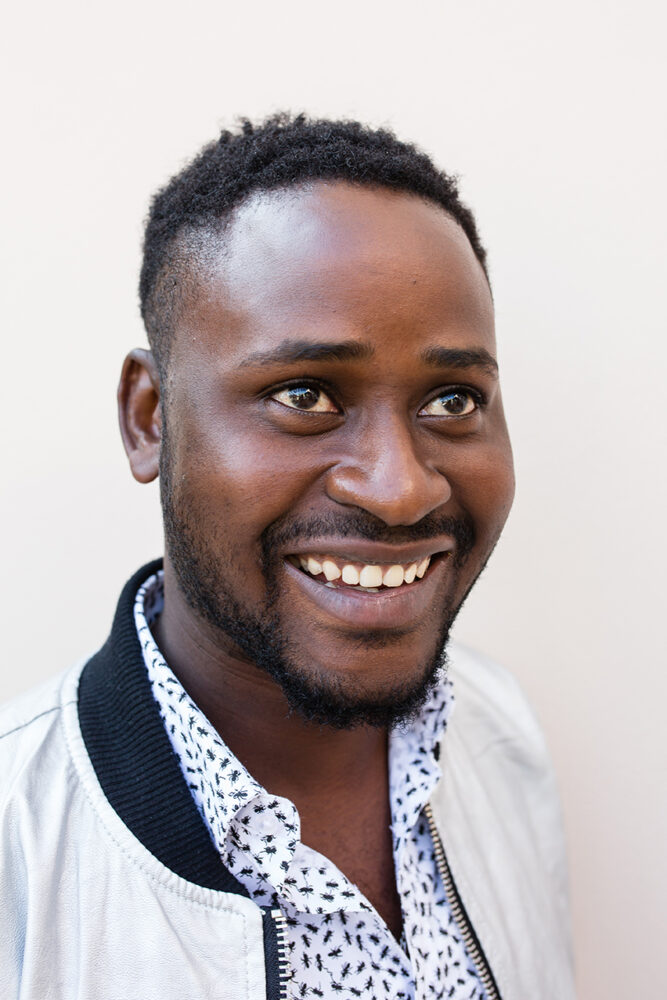Belonging: My Dream is to Help People Make Life Better
Everyone has his own road and his own destiny.

After I finished school, I started traveling to try to find better jobs. I worked in Nigeria, Ghana, and the Ivory Coast, then someone asked me to come to Libya to work. That’s when I discovered that Libya is a dead zone.
When we got there, military gangs searched us for everything we had. They took it all. They don’t work; they just want to get money or other things. If you are a girl along the roadside, they will want you to sleep with them or [give them something], or you won’t be able to pass.
Fifteen-year-old boys had guns, and they drove good cars. If you touched them, or looked at them, or said something they didn’t like, they would shoot you. The humans there are like animals.
It was interesting for me seeing this strange life. It was like I was in a movie. But at the end of the day, it wasn’t playful. I worried about how my life would end.
One time the street boys broke into our house, took what they wanted, and tried to take our money. (We had to hide our money in our shoes or inside the waistbands of our jeans.) I was asleep and woke up to find that the boy next to me was shot dead. I decided then I needed to go somewhere else.
Now I am in Rome. My life hasn’t gone as I wished, but it is meant to be. It’s God’s plan. I’m twenty-five. Five years from now, if I’m blessed, I’ll have all my documents in order, get married, and have a good job.
Everyone has his own road and his own destiny. So I choose my own road to follow, and I’m grateful for the destiny God has for me. My dream is to help people make life better. I don’t want to see others pass through what I’ve passed through or see what I have seen. I believe it’s not what you acquire in your own life but what you invest in the lives of others that is most important.
Our team members obtain informed consent from each individual before an interview takes place. Individuals dictate where their stories may be shared and what personal information they wish to keep private. In situations where the individual is at risk and/or wishes to remain anonymous, alias names are used and other identifying information is removed from interviews immediately after they are received by TSOS. We have also committed not to use refugee images or stories for fundraising purposes without explicit permission. Our top priority is to protect and honor the wishes of our interview subjects.